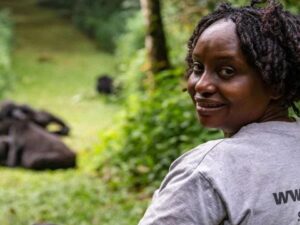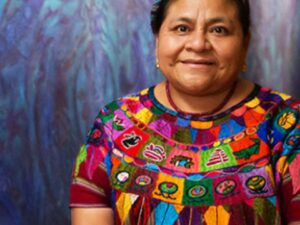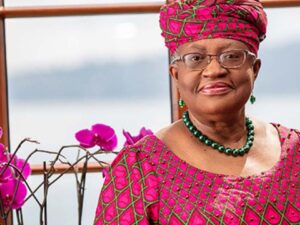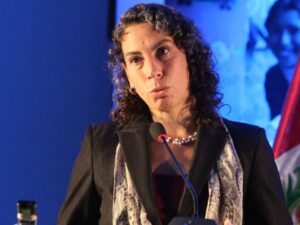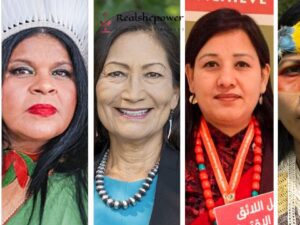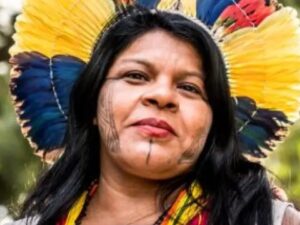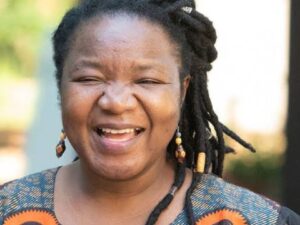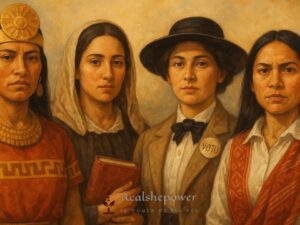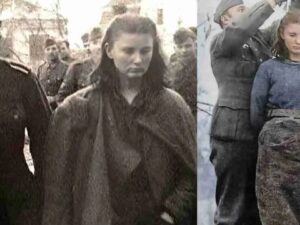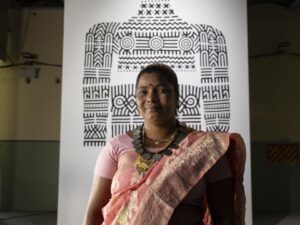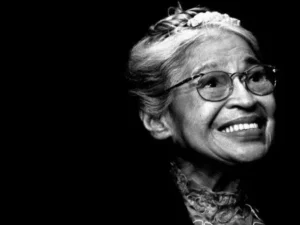“Let me whisper, so no one hears that I speak of selling girls. My voice shouldn’t be heard since it’s against Sharia. Women must remain silent… this is our tradition.”
Sonita Alizadeh, an outspoken Afghan rap artist, is a name to remember. Challenging the traditional norms, she artfully blends the worlds of rap and activism, using her voice and lyrics to battle social injustices. By the age of 16, she had twice narrowly escaped being bartered into matrimony — a fate first proposed when she was merely ten.
“I channel the pain of my wounds into my lyrics. I shout for a body worn down in its prison — a body that fractured under the value labels you stuck on it.”
Sonita’s story begins in the strife-ridden land of Afghanistan, where she was born in 1996 during the oppressive reign of the Taliban. Her childhood was a gauntlet of peril and fear. The tender age of ten marked her first exposure to the brutal reality of forced child marriage, a commonality in numerous parts of the world. Luckily, the transaction fell through.
When Sonita reached the age of 14, she and her family were forced to make the grueling journey on foot to Iran, fleeing the tyranny of the Taliban. Despite lacking proper documentation for school, she found means to survive, cleaning offices and restrooms to help support her family. It was during these challenging times that she discovered her creative outlets — writing and art.
Introduced to pop music by a group that provided rudimentary education to young Afghan refugees, Sonita composed her first rhyme about child labor, inspired by an Iranian rapper she heard on the radio. Despite the stringent Iranian law that forbade women from singing, she found in her the irrepressible urge to speak out.
In her new home, she began to question the authority yet again. She recorded songs on subjects such as being a refugee, the war in Afghanistan, and the plight of young women, despite the prohibitive laws against women singing. Her efforts were rewarded with a $1,000 prize in a U.S.-based competition for a music video promoting young Afghans’ voting rights, boldly contradicting her family’s perception of a girl’s economic prospects.
However, her achievements did not dissuade her parents from arranging a marriage for her. Her mother, having returned to Afghanistan, instructed Sonita to come home and meet her intended spouse. Their justification was the need for money so her brother could secure a bride of his own. In response to this exploitation, Sonita used her talent, her chosen medium of rap, to vocalize her defiance and disgust.
“I feel voiceless, filled with doubts. If I’m a prisoner, why bear these whip scars? I fail to comprehend your tradition that mandates a woman’s silence. Guide me to validate my existence.”
Fueling her outrage and rebellion was the sight of her female classmates being systematically married off to older men. Then at 16, she was slated to be sold into matrimony for her brother’s sake, with a price tag of $10,000. In a rebellious act, she composed the rap song “Daughters for Sale”. With the assistance of a filmmaker, she also crafted a music video that garnered 1.4 million views on YouTube, enabling her to use rap to voice her story and highlight the horrifying implications of child marriage.
Her video sparked global discourse on the issue, inspiring other girls to voice their own experiences. Ultimately, Sonita’s family acquiesced, releasing her from the proposed marriage.
“Leave me be. I loathe the pretense of makeup. No cosmetics can restore a bruised face. Even a non-believer (Kafir*) would not inflict upon a Muslim what you’ve done to me.”
*Kafir: a non-Muslim.
Since then, her video has galvanized countless Afghan women. Her song evolved into an anthem against child marriage, catching the attention of a nonprofit organization, Strongheart. With their help, Alizadeh made her journey to the United States in 2015.
Her story is far from finished. She is now accessing the education denied to so many women in Afghanistan. She has been featured in over 200 media outlets across 20 countries, and her life is the subject of an award-winning documentary. Alizadeh has taken the global stage, met with world leaders, and performed for international audiences.
Currently residing in New York and attending Bard College, Sonita continues to support women and girls while balancing her academics and songwriting. She has contributed to the creation of a curriculum on child marriage that reaches over a million students. Named to the Forbes 30 Under 30 Asia List in the entertainment and sports category, she has addressed the United Nations on child marriage and girls’ education.
Her ambitions are high, and through her music and activism, she hopes to provoke a reconsideration of harmful, degrading traditions. She is actively challenging the ideologies, practices, and structures that hinder girls from reaching their full potential.
Featured in the 2022 Lavazza calendar themed “I can change the world,” Sonita Alizadeh continues to inspire as one of the 12 spotlighted individuals.





